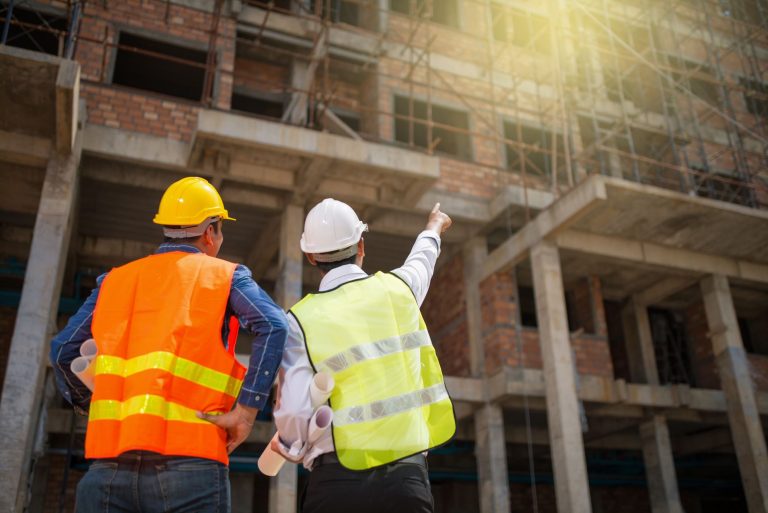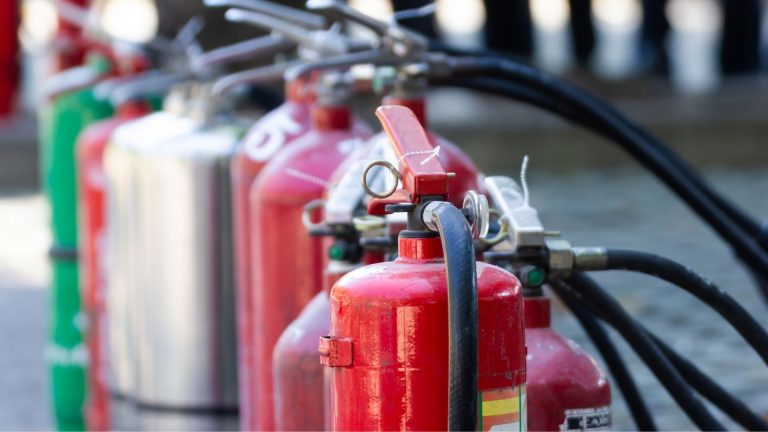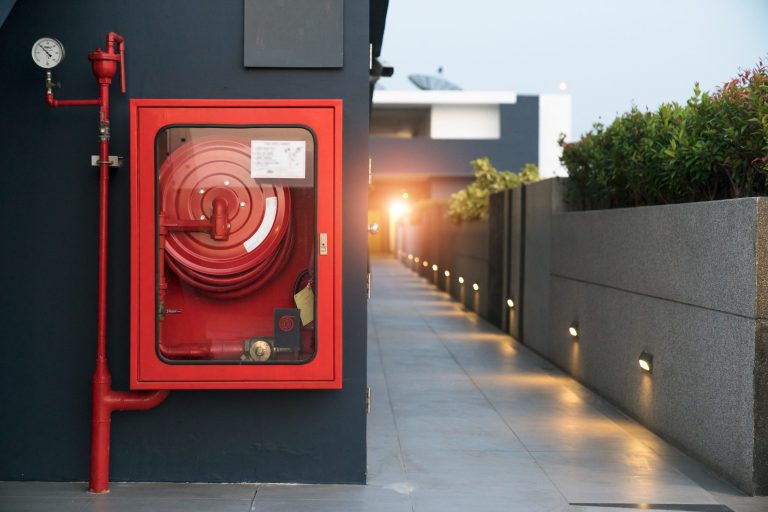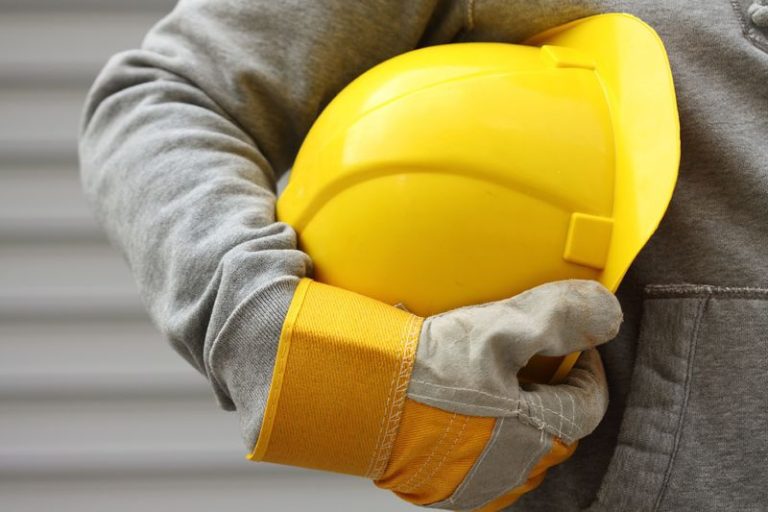Described as a ‘code red for humanity’, the recent Intergovernmental Panel on Climate Change (IPCC) report revealed some stark realities about the state of our climate in 2021 – highlighting the ‘irreversible’ effect human activity is having on the environment. Now, leading sustainability authority, Bureau Veritas, is pressing businesses to play their part in reducing emissions, to stabilise rising temperatures. Published in August, the report is the first major review of the science of climate change since 2013. It revealed that global surface temperatures have significantly increased since 1970, with the past five years the hottest since records began (in 1850). Scientists who produced the report attribute 90% of the global retreat of glaciers and the decrease in Arctic sea-ice to human activity, highlighting a number of hot extremes, but less frequent and less severe cold events1. The climate crisis is a global challenge, that requires everyone to act and contribute, and it’s already been demonstrated how this can be done. The ban on chlorofluorocarbons (CFCs) in 1987 has averted a ‘climate catastrophe’ according to scientists2, with predictions that continued and increased use of CFCs would have contributed to global air temperatures rising by an additional 2.5°C by the end of this century. With the UK hosting the much-anticipated 26th UN Climate Change Conference (COP26) in November, the focus following the coronavirus is not only to ‘build back better’ but build back greener. Three quarters (78%) of UK businesses have made a net zero pledge3, therefore firms should now be looking to shift from making long term commitments to accelerating action to reduce carbon emissions, according to Bureau Veritas. Julie-Anna Smith, South & West Europe Sustainability Services Leader at Bureau Veritas, said: “The recent IPCC report revealed some glaring truths about the science behind many of the statements made about climate change, supporting the argument that human activity is undoubtedly causing rising temperatures. “The majority of businesses have made a commitment to net zero, however there is a huge difference between commitments, plans and action. It is clear governments and organisations now need to act to reduce carbon emissions, by reducing waste, efficiently using energy, investing in cleaner technologies, and educating supply chains to do the same. “The key is to be realistic. With the UK’s own plan to become net zero by 2050, we see a lot of businesses making similar ambitious statements. We find businesses often don’t actually know how to accomplish this or have an over reliance on offsetting technologies which don’t even exist yet or feel that their actions will not make a difference. A successful and achievable net zero plan should include interim targets – to ensure efforts to become net zero are consistent and not left until it’s too late. “Businesses that are not clear on what steps they need to take to play their part in this international effort towards tackling climate change can turn to a sustainability expert like Bureau Veritas to make assessments of their current sustainability performance and set in motion recommendations for an effective carbon emissions reduction plan.” According to Bureau Veritas, the immediate priority for businesses, that have not already done so, include: Understanding the business’ emissions. Firms must calculate their baseline carbon footprint arising from its day-to-day operations (scope 1 of Greenhouse Gas Protocol), and then look on to the wider value chain for indirect emissions – such as those from suppliers and customers (scope 2 and 3). Set interim science-based targets covering the next five years – considering how data will be collected, measured and monitored, to ensure the business is on track to achieve the long term net zero commitment. Focus on the easy actions – straightforward carbon reduction opportunities such as reviewing lighting, heating and energy use, employee travel, reducing waste and switching to renewable energy sources. Review more long-term complex initiatives – start collaborating with customers, suppliers, and regulators. This will help generate new ideas for improving resource use, and also quickly identify opportunities such as funding grants, and to access new markets, new customers and talent. Bureau Veritas has experience and technical expertise in helping some of the world’s largest organisations improve their sustainability performance in a number of sectors including food, pharmaceutical, financial and manufacturing. With a proven track record in verification of environmental, health & safety and social data, including conducting audits against the requirements of ISO 14064 Part 3, Bureau Veritas is also a GRI Community Member, an AA1000AS Licensed Provider, a UKAS accredited ISO 14064-1 Verification Body. To find out more, call 0345 600 1828 or visit www.bureauveritas.co.uk.














